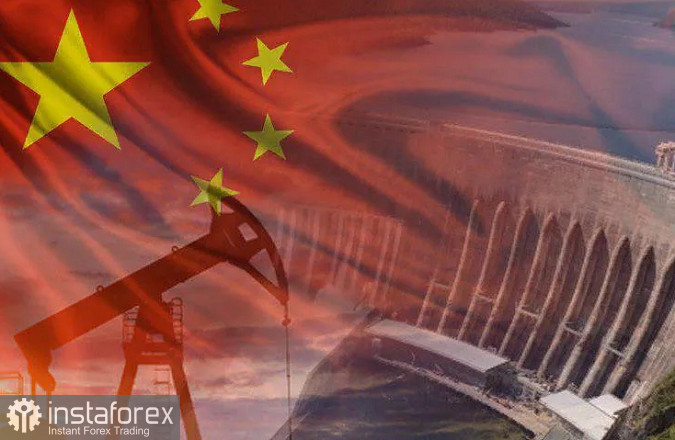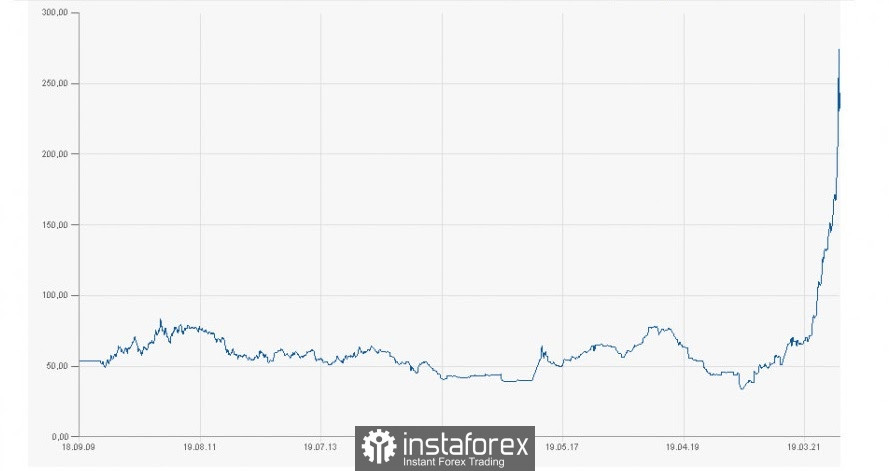
The energy crisis in China is forcing the government to rethink the country's pace on energy transition.
After the meeting of the National Energy Commission last week, Prime Minister Li Keqiang said China's path to a green economy must be supported by a stable supply of energy. As such, they need to do an in-depth assessment of how they dealt with the recent energy crisis before setting a timetable for carbon emissions.
Li also stressed that coal futures soared to a record high on Tuesday, continuing the rally that has been going on for days amid a flood in another mining region. The dire situation has complicated efforts to increase supplies and stem the growing energy crisis.

These comments are very controversial because ahead is the long-awaited climate talks, not to mention there is a need to step up efforts to mitigate the effects of global warming. If China withdraws its cooperation, there is a high chance that the conference will not succeed.
But according to Li's statements, there is a need to continue building China's capacity in fossil fuels. He said they need to prioritize economic development as it is the key to solving all problems.
In a separate speech, Chinese President Xi Jinping said China remains committed to providing more details on how it will peak carbon emissions in key areas without specifying a release schedule.
Xi said in September that they plan to stop building new coal-fired power plants in other countries, despite US and other countries' urge to reduce the country's dependence on fossil fuels.





















